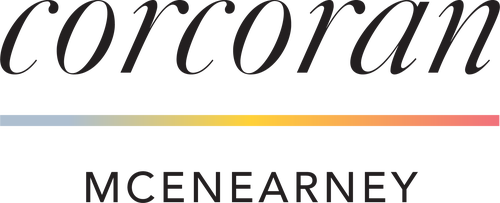Gen Z is stepping into the housing market earlier than many expected, but they face hurdles unlike any generation before them.
For years, Millennials – the demographic born between 1980 and 1998 – were seen as the generation struggling to break into homeownership. Now, Gen Z – those born between 1999 and 2011 – are following Millennials and stepping into the market. Despite economic challenges, tight affordability, and low inventory, surveys show that Gen Z buyers are leaning into creativity, family support, and shifting lifestyle priorities to buy their first homes.
A 2025 report from the National Association of Realtors® highlights the generational breakdown of recent homebuyers, showing that Gen Z represents the smallest group:
- Gen Z (18–25 years): 3% of buyers (and just 2% of sellers)
- Younger Millennials (26–34 years): 12% of buyers
- Older Millennials (35–44 years): 17% of buyers
- Gen X (45–59 years): 24% of buyers
- Younger Baby Boomers (60–69 years): 26% of buyers
- Older Baby Boomers (70–78 years): 16% of buyers
- Silent Generation (79–99 years): 4% of buyers
But despite hefty competition from older buyers who often have higher incomes, more equity, and stronger borrowing power, and the fact that most younger buyers are carrying significant educational and credit card debt, Gen Z is showing resourcefulness in finding paths to ownership.
Advantages Working in Gen Z’s Favor
While most buyers are laser-focused on interest rates and rising home prices, there are other factors that influence home affordability. Local Gen Z’ers are entering the market as it starts to shift from a white-hot seller’s market to a more balanced market, with longer days-on-market and price adjustments, and there are other trends that are helping Gen Z find a way to win.
Co-buying on the rise
One growing trend is co-buying. Instead of waiting until they can afford a home alone, some Gen Zers are pooling resources with friends, siblings, or parents. These arrangements spread the financial burden and allow young buyers to start building equity earlier. Legal agreements and clear exit plans are critical, but the approach is gaining momentum.
Family support and creative financing
More buyers are turning to family for down payment gifts, or moving back home temporarily to save faster. Others are tapping nontraditional assets, like stock or even cryptocurrency, to fund a purchase. While unconventional, these strategies highlight Gen Z’s willingness to adapt.
Tech-savviness, research skills, and remote flexibility
Gen Z has grown up with smartphones, social media, and tech lingo and they use technology to their advantage. They’re adept at comparing mortgage rates online, tracking market trends, and even leveraging social media for tips on affordable neighborhoods. This fluency gives them an edge in finding opportunities older buyers might overlook.
Meanwhile, a preference for remote work has untethered many young professionals from city centers. Some are choosing to buy in more affordable outer suburbs of Northern Virginia and Maryland, and for those who can work from anywhere this affordability expands dramatically.
Values-driven buying
Gen Z buyers are also seeking homes that align with their values: sustainability, energy efficiency, and smart-home technology are often top priorities. Smaller, more affordable homes that deliver these features are increasingly attractive, and may offer better resale potential in the future.
Renting vs. Buying: What Gen Z Needs to Consider (and How to Get Ahead)
There are times when renting makes more sense than buying: an unstable job situation, short-term plans to stay in an area, a high-interest lending environment, limited funds for a downpayment, or a desire for flexibility in where to live or what type of property to live in.
But waiting too long to buy can have significant costs of its own, especially as the market shifts in ways that favors buyers. The average rental rate in Washington, DC is $2,300 – $2,450, totaling $27,600 – $29,400 over a year, all of which goes to increasing the equity of the landlord – not the renter.
Buying becomes advantageous with a plan to stay put in a property for 5-7+ years, which offers the potential to build equity and tax benefits. Housing affordability is being addressed in significant ways through various lending programs and grants to help new homeowners enter the market prepared and start to build financial wealth and security for themselves. Here are ways Gen Z buyers can move that process along quickly.
- Start saving early, even if small: Even setting aside a modest amount each month can build momentum toward a down payment. Try automating transfers into a separate savings account dedicated to your future home.
- Explore first-time buyer programs in DC/VA/MD: Each jurisdiction offers valuable resources that can reduce upfront costs. For example, DC’s Home Purchase Assistance Program (HPAP) provides interest-free loans and closing cost assistance. Virginia Housing offers down payment grants and loan programs, while Maryland Mortgage Program helps with competitive financing options and West Virginia’s Homeownership Program offers assistance to first-time buyers.
- Put it in Writing: Pooling resources with friends or family can make homeownership more attainable, but it’s important to put everything in writing. A co-buying agreement outlines ownership shares, responsibilities, and an exit strategy.
- Strengthen credit: A higher credit score can unlock lower mortgage rates and better terms. Focus on paying bills on time, reducing credit card balances, and limiting new debt. You can check your score for free at AnnualCreditReport.com.
Though affordability and finance hurdles remain intense, Gen Z’s adaptability, openness to unconventional strategies, and evolving lifestyle preferences position them to gradually stake their claim in homeownership.
If you’re a Gen Z renter wondering whether to keep leasing or to take the plunge into buying, now is the time to explore your options. Reach out to Corcoran McEnearney for guidance on how to start the journey — whether renting today or buying tomorrow.
Karisue Wyson
Karisue Wyson is the Director of Education for Corcoran McEnearney and was previously a Top Producing Realtor® in the Alexandria Office.
Visit corcoranmce.com to search listings for sale in Washington, D.C., Maryland, Virginia, and West Virginia.
Don’t miss a post! Get the latest local guides and neighborhood news straight to your inbox!

 Facebook
Facebook
 X
X
 Pinterest
Pinterest
 Copy Link
Copy Link







